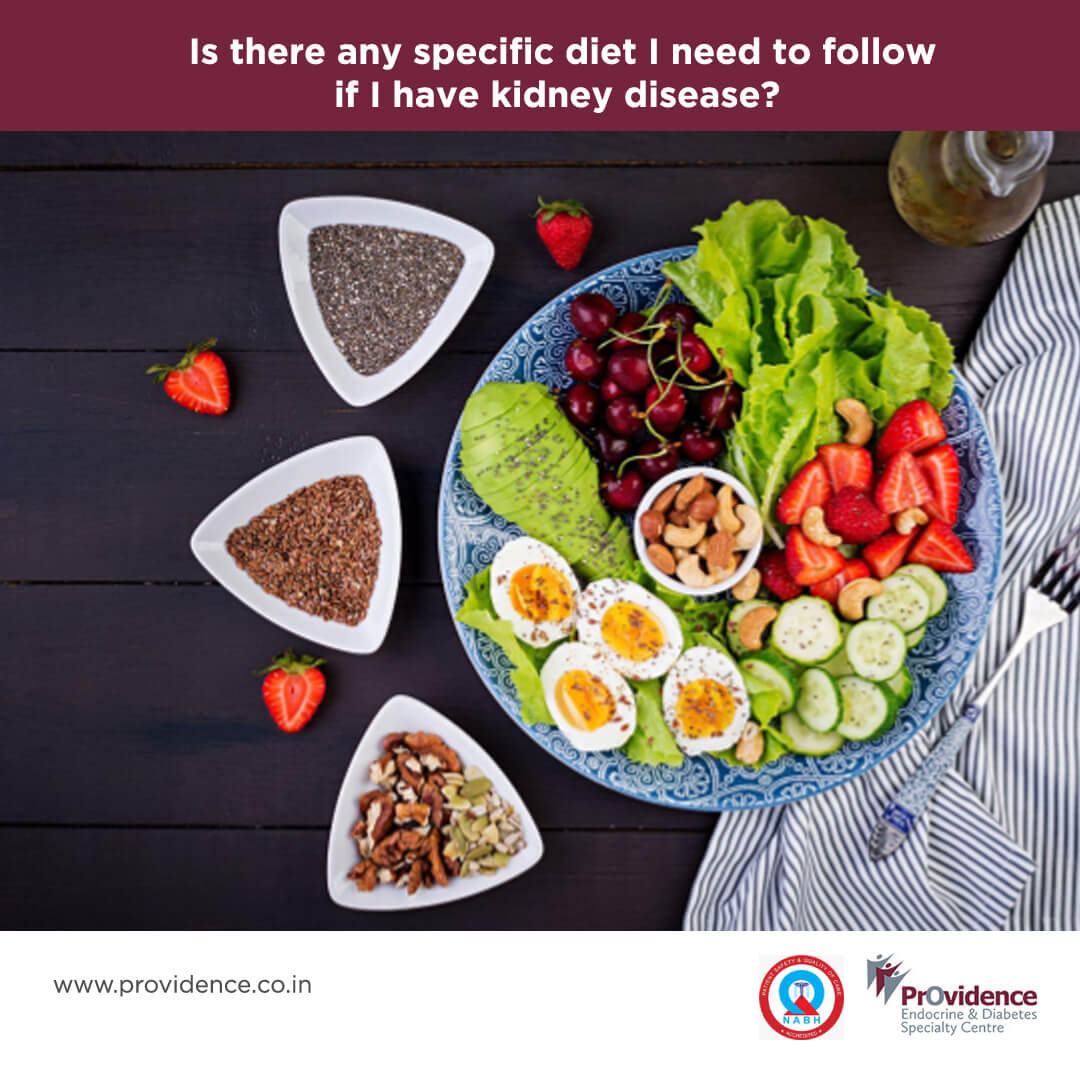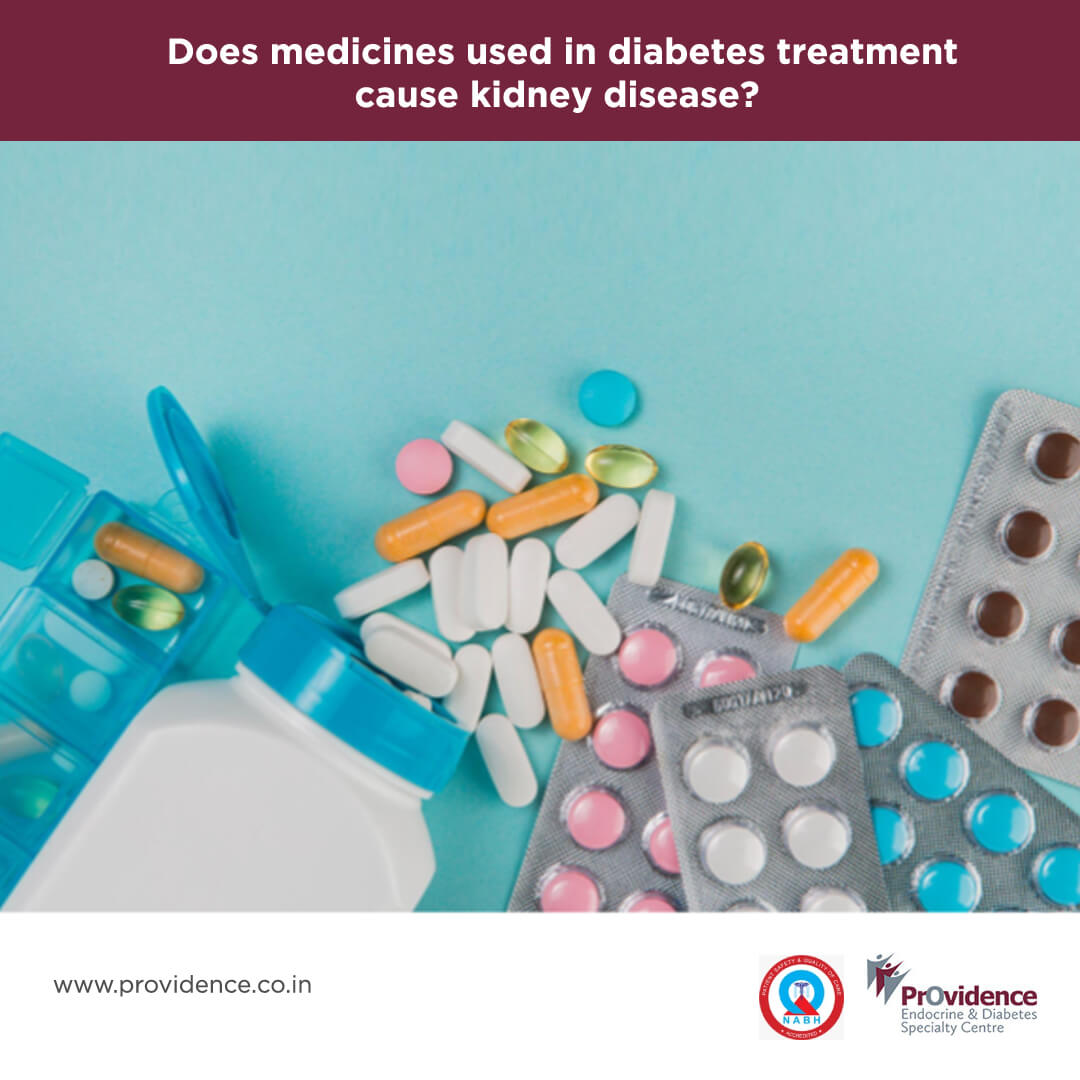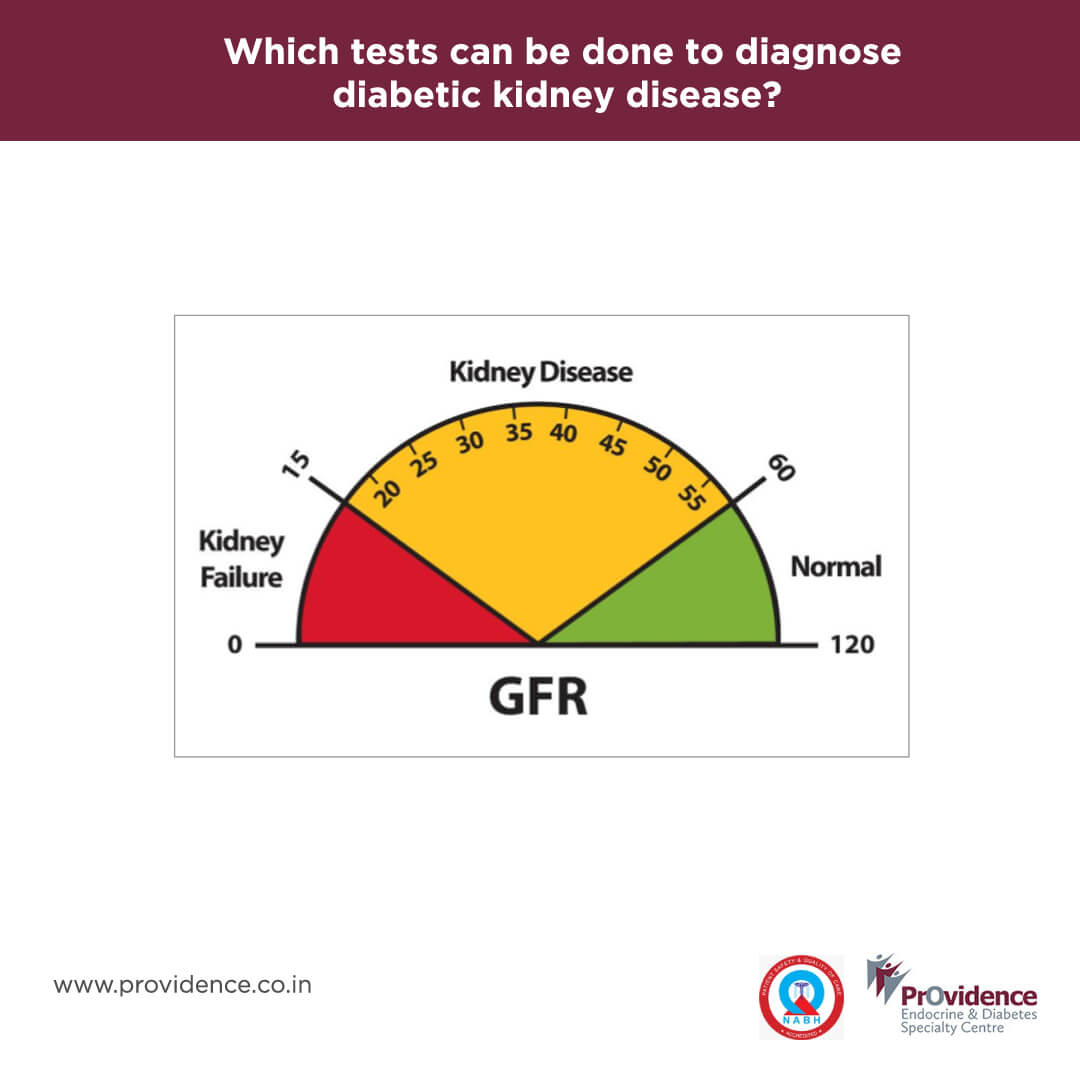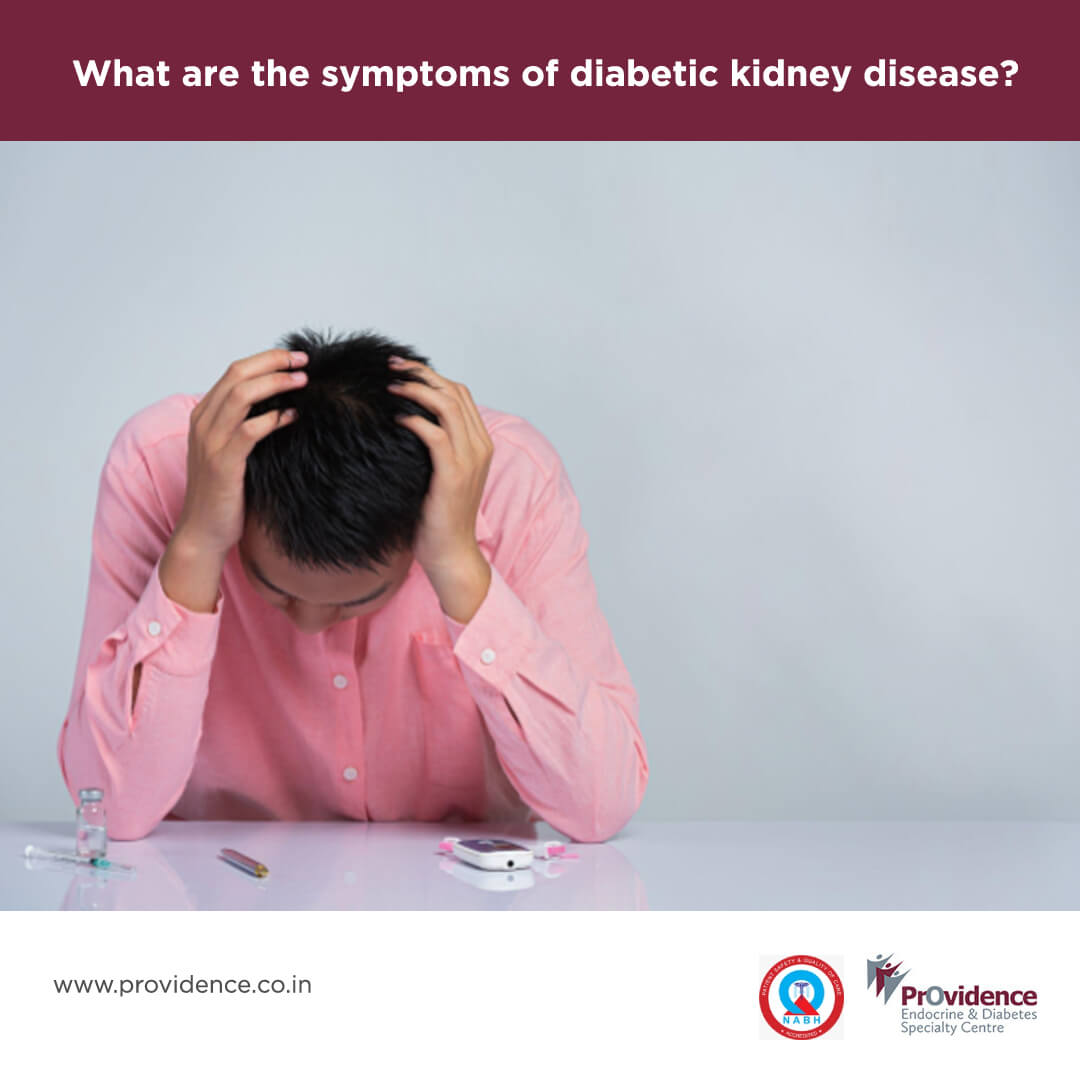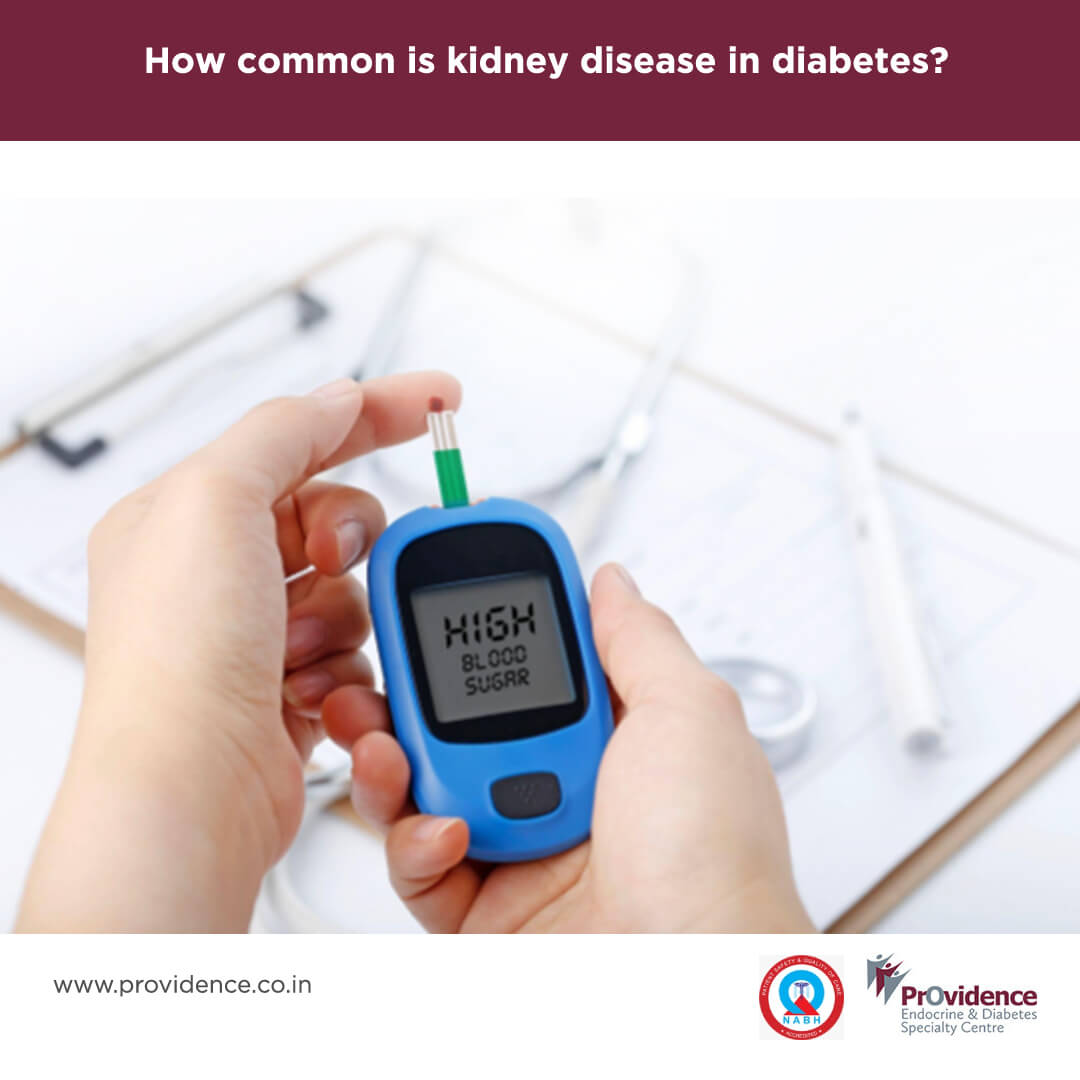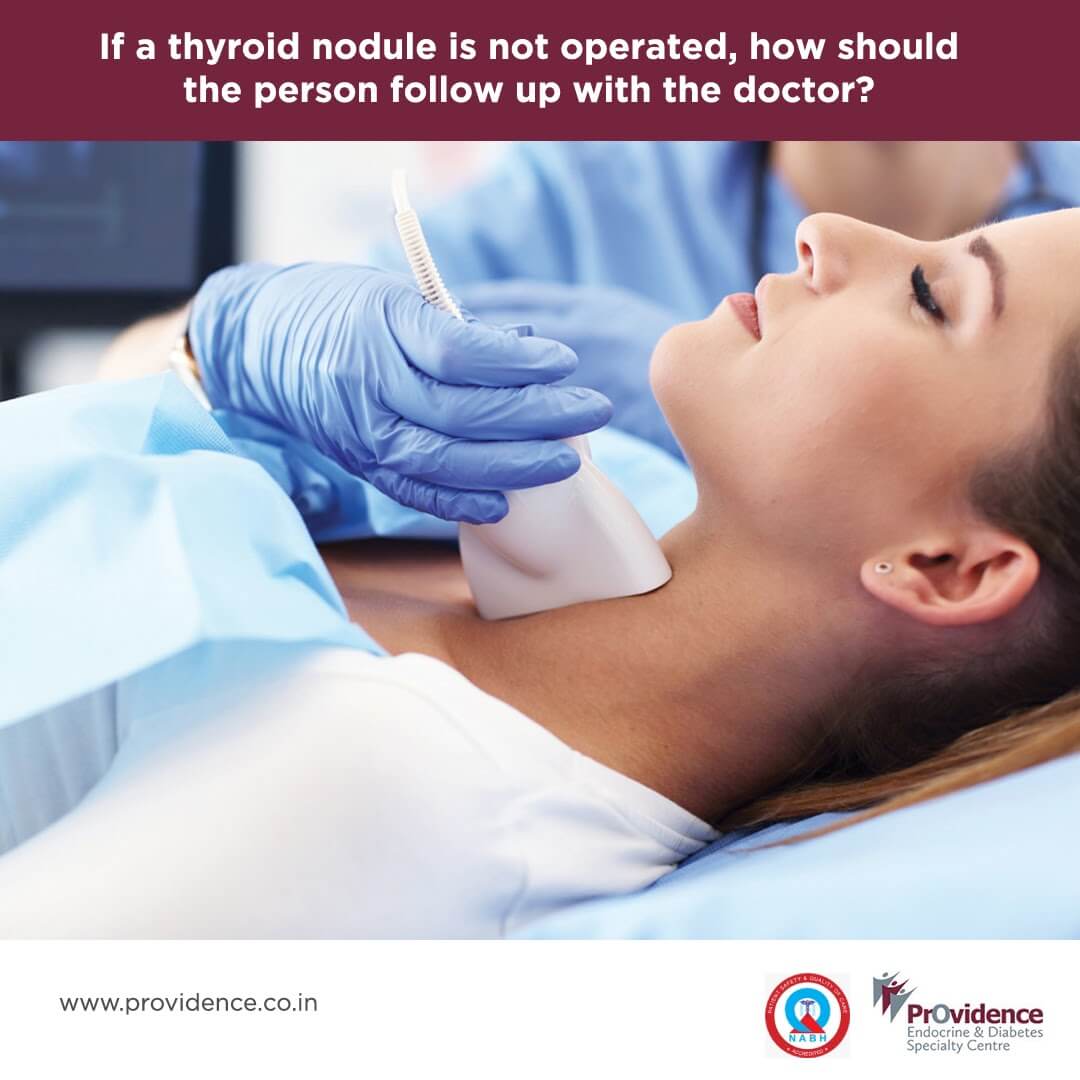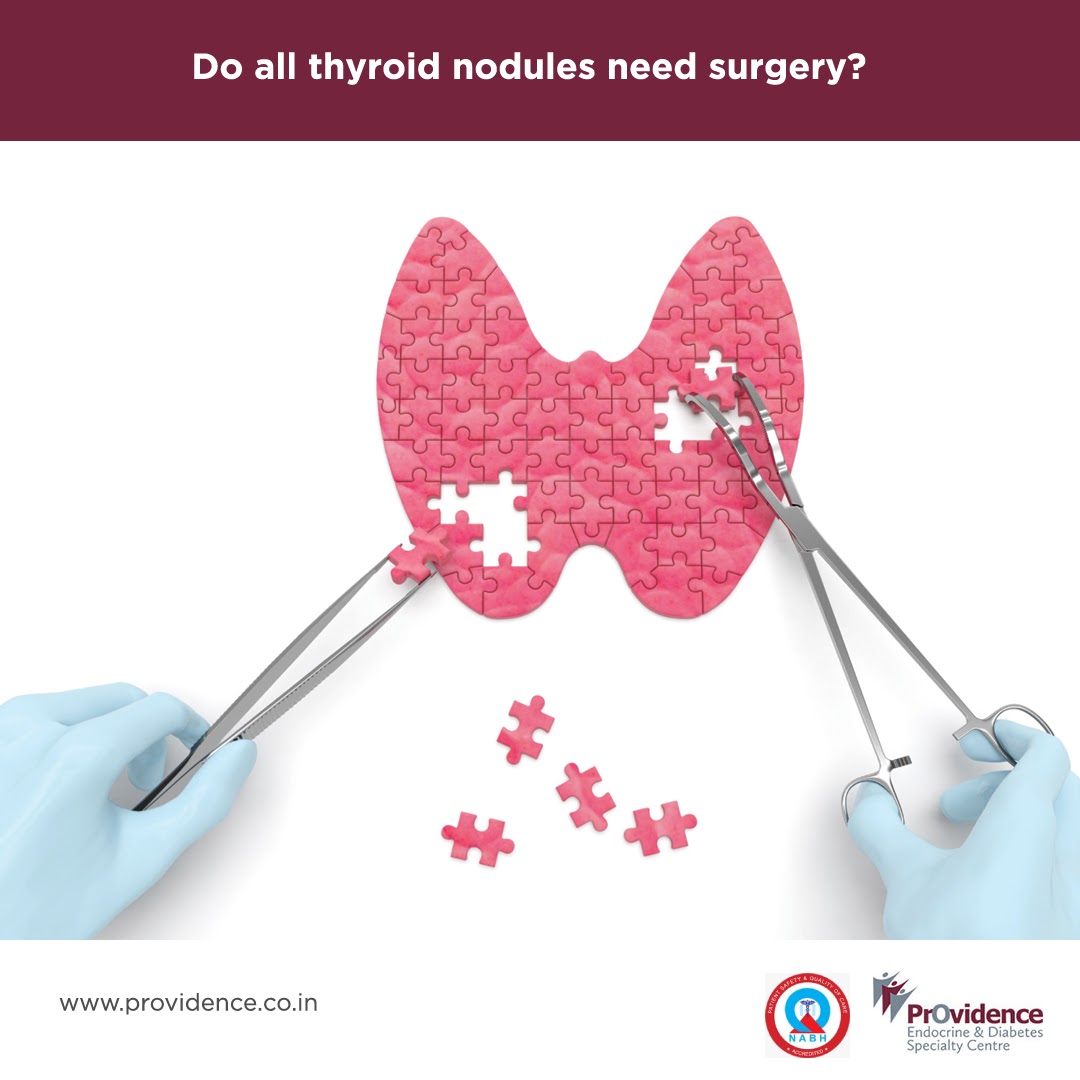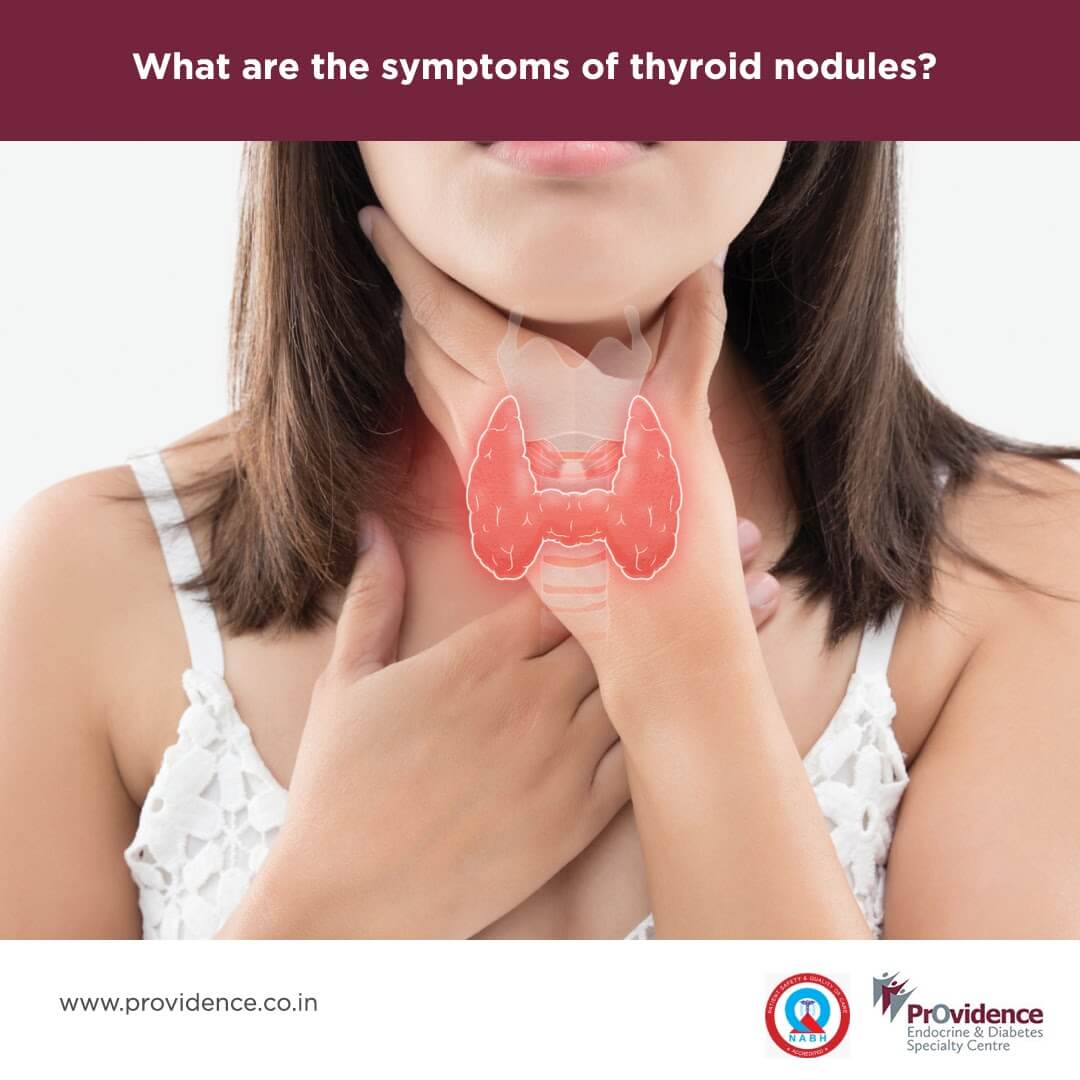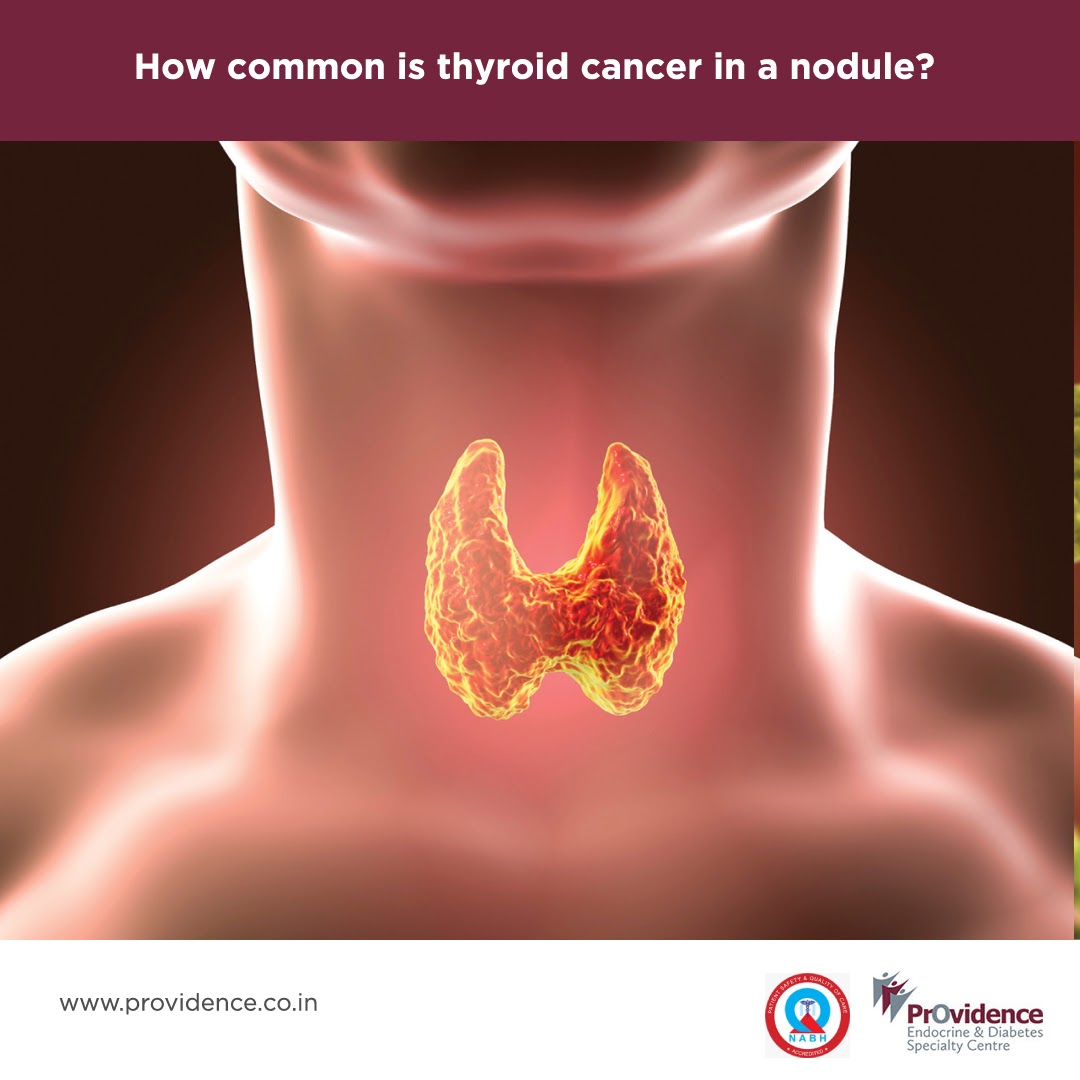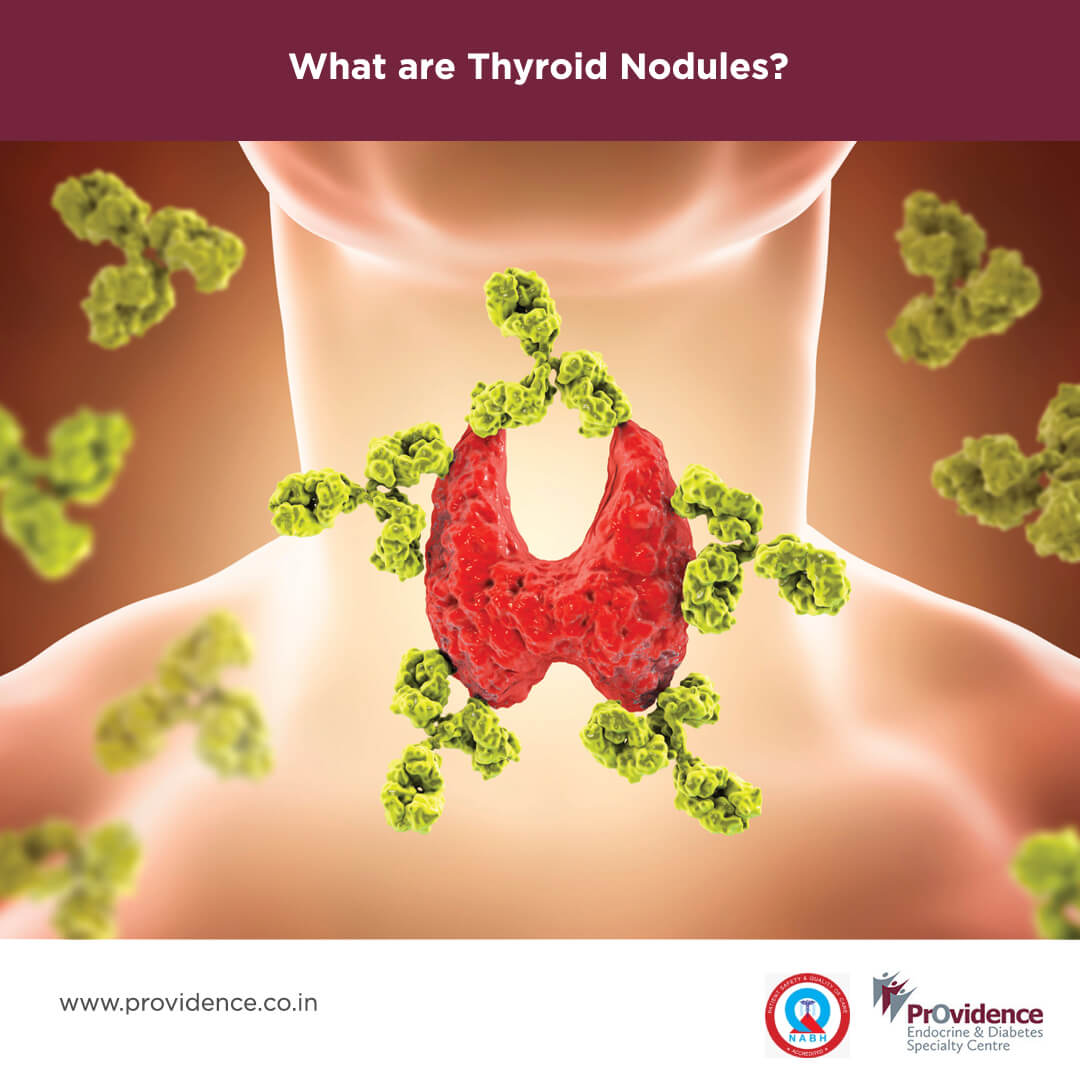Yes. People with diabetic kidney disease (DKD) are advised to follow a low protein diet (LPD) which helps to maintain good nutritional status, reduce the negative effects on high blood urea, improve metabolic alterations, and reduce proteinuria. In the very early stages of DKD, a balanced diet which helps in glucose control is preferred.
For people with moderate degree of kidney function and with diabetes, it is reasonable to have a dietary protein intake of 0.60–0.80 gram of dietary protein for every kilogram of body weight daily. This will help maintain a stable nutritional status and keep blood glucose under control.
Based on the condition of the person with diabetic kidney disease, restrictions may be needed in the intake of minerals such as phosphorous, sodium & potassium. It is important that these changes be sustained long term and modified according to the health condition of the person. A team of doctors and dieticians are needed to frequently monitor patients on protein restricted diet and provide comprehensive nutritional support to lessen the declining kidney function and improve health.
Author
Hima



